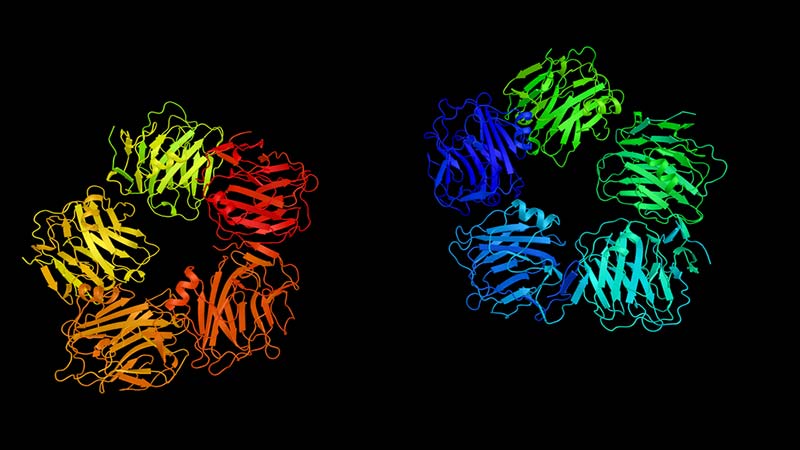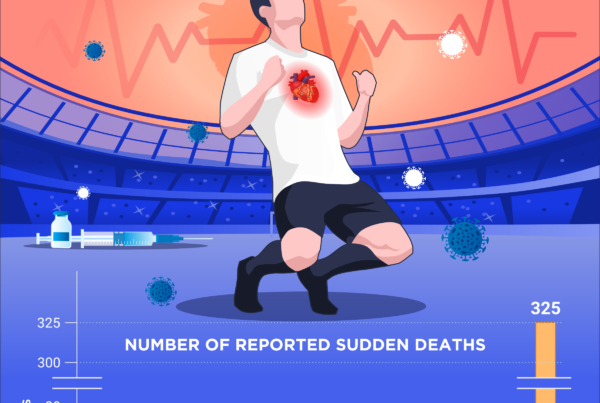
Why it’s considered the final common pathway to pain, disease and physical injury.
Hidden, asymptomatic, low-grade or chronic Inflammation is a shockingly common condition. The seriousness of the problem is highlighted in a new series of scientific research articles called “Inflammation in Health and Disease,” published in the journal Frontiers in Physiology.
This very common but harmful form of inflammation is one of the causes of most chronic diseases such as cancer and cardiovascular disease, physical impairments that include athletic injuries and other debilitating conditions, as well as various forms of health and fitness dysfunction, including pain. And, it’s a key factor in the regulation of aging, influencing our bodies as much as nearly all other related factors.
I have previously discussed the differences between acute and chronic inflammation.
Chronic inflammation can also impair the brain, including its role in healing both traumatic and non-traumatic brain injury. Whether a whiplash, concussion, birth trauma, or infection, the slow deterioration seen in Alzheimer’s or other cognitive dysfunction, including various neurological disorders, such as autism, Parkinson’s and others, chronic inflammation can trigger, contribute to, or maintain these conditions.
The science of this often-hidden inflammation is important — it’s key to know how common it is, why it’s serious, and its physical and metabolic consequences. The publication of this key research also reminds me what this important report lacks — what individuals can do to assess, remedy and prevent the problem. Various articles are linked here that delve into the details of how to take care of yourself. In addition to this overview, see the links below to help guide you this process.
It’s vital to know if you already have chronic inflammation or have a moderate or high risk for it, which increases your chances of developing it.
- Your health practitioner can test your blood for levels of C-reactive protein (CRP), the best marker for existing inflammation. If it’s too high, it’s important to rule out problems associated with it such as infection, trauma (including exercise stress), and cardiovascular disease, as well as conditions that can cause it, especially nutritional or dietary imbalance, and other lifestyle factors such as overtraining. A detailed health and fitness history, with appropriate follow-up tests, can help determine why your CRP is high.
- You can also survey yourself to determine the current or future risk of inflammation (as low, moderate or high). These same survey questions can help you understand which lifestyle habits may be contributing to chronic inflammation. Begin by using this important assessment survey in Part 2 of the MAF Method, which can help you improve your health and fitness in in eight steps: Control Inflammation.
The subject of chronic inflammation can be extensive, as indicated by the thousands of research pages that overview or detail the topic. I’ve tried to condense the all-important self-care component to four of the most common primary lifestyle factors that control inflammation:
- Dietary fats can influence inflammation significantly, especially the balance of omega-3 and -6 fatty acids. This is best accomplished by: a.) consuming EPA-DHA from fish oil (the best source of omega-3), while b.) avoiding omega-6 vegetable oils such as corn, safflower, soy, peanut and canola.
- A variety of micronutrients and phytonutrients are vital. This starts with a healthy diet free of junk food.
- Avoid sugar and refined carbohydrates, which can rapidly and significantly promote inflammation.
- Excess exercise stress, including increased training intensity and/or volume, and reduced recovery, can also contribute to chronic inflammation.
More Inflammation Information
Six tips for reducing inflammation without drugs
When Athletes Have Heart Attacks
Eleven reasons to avoid ibuprofen
Junk food kills more people than tobacco and drugs
A free ebook based on the studies about inflammation is available from Frontiers in Physiology. Click here.
Reference
Mendes AF, et al. (eds). Inflammation in Health and Disease, February 2019, Frontiers in Physiology.








